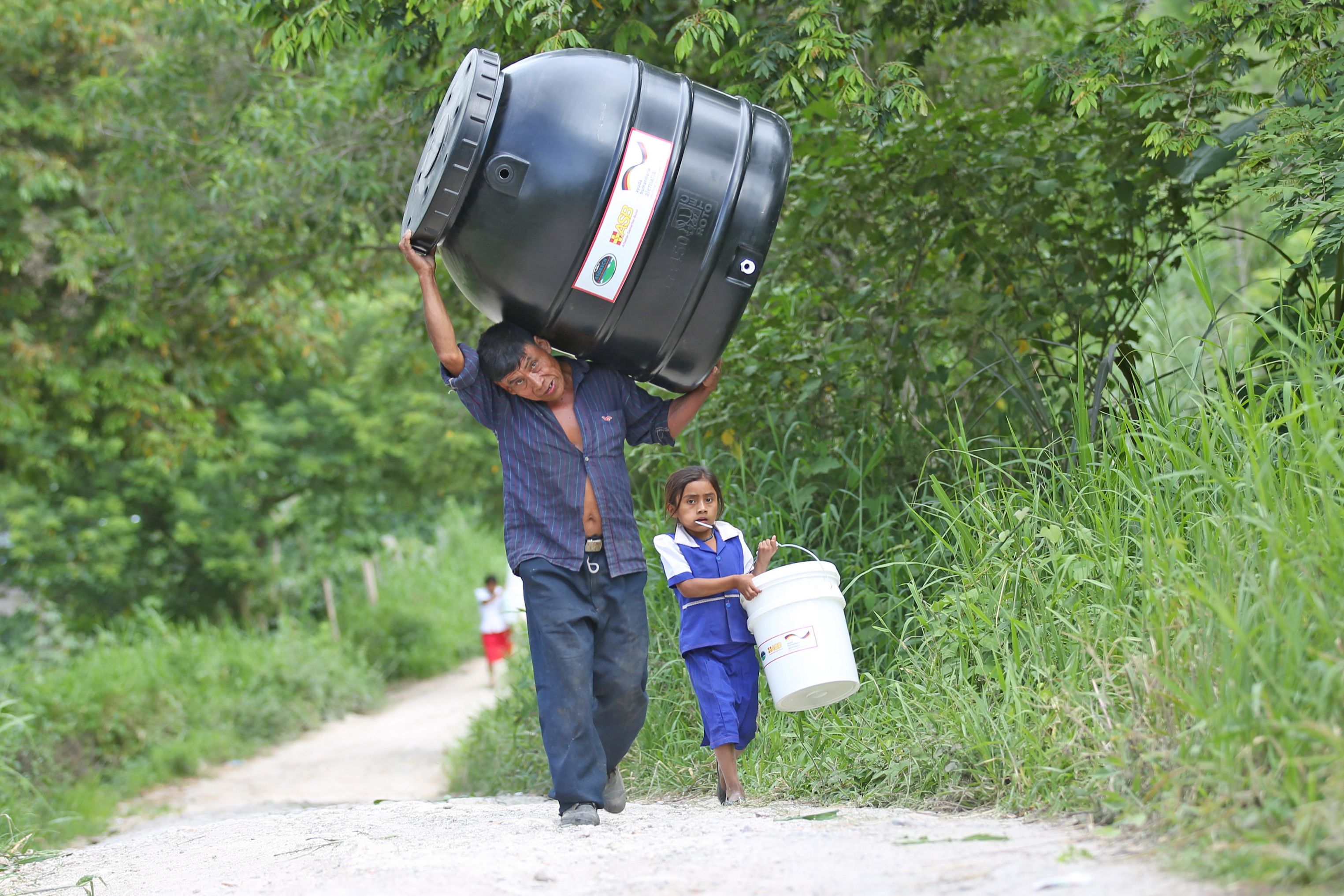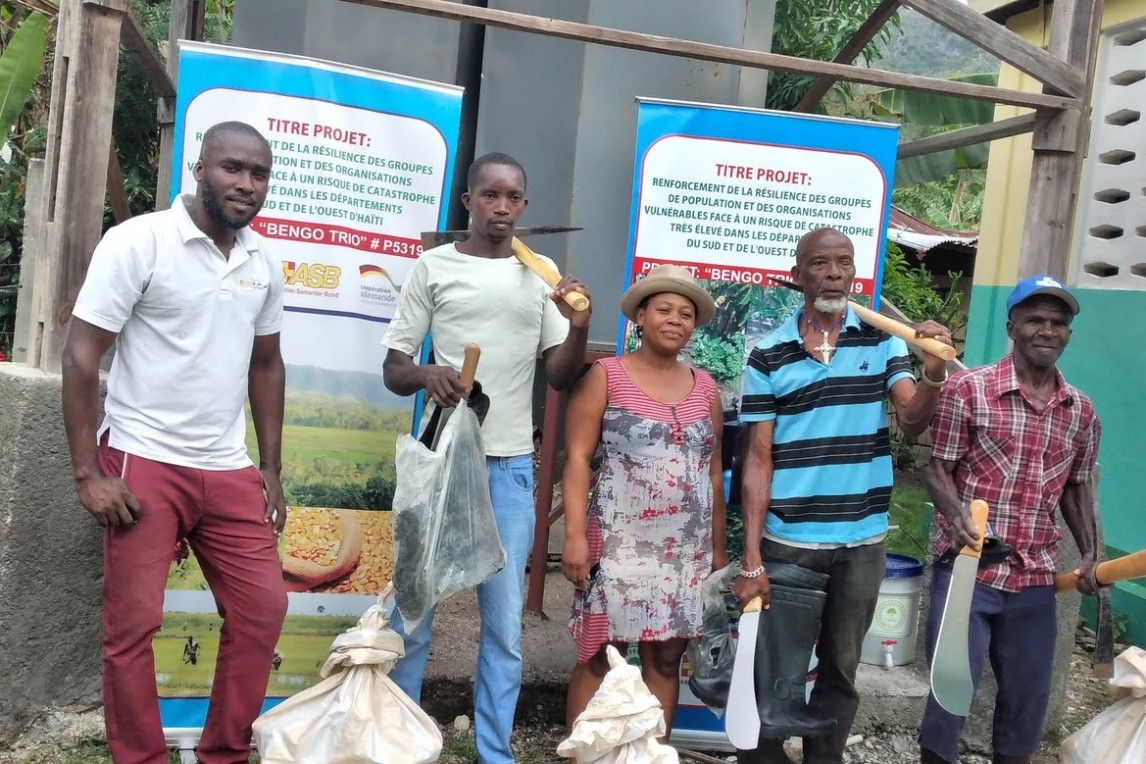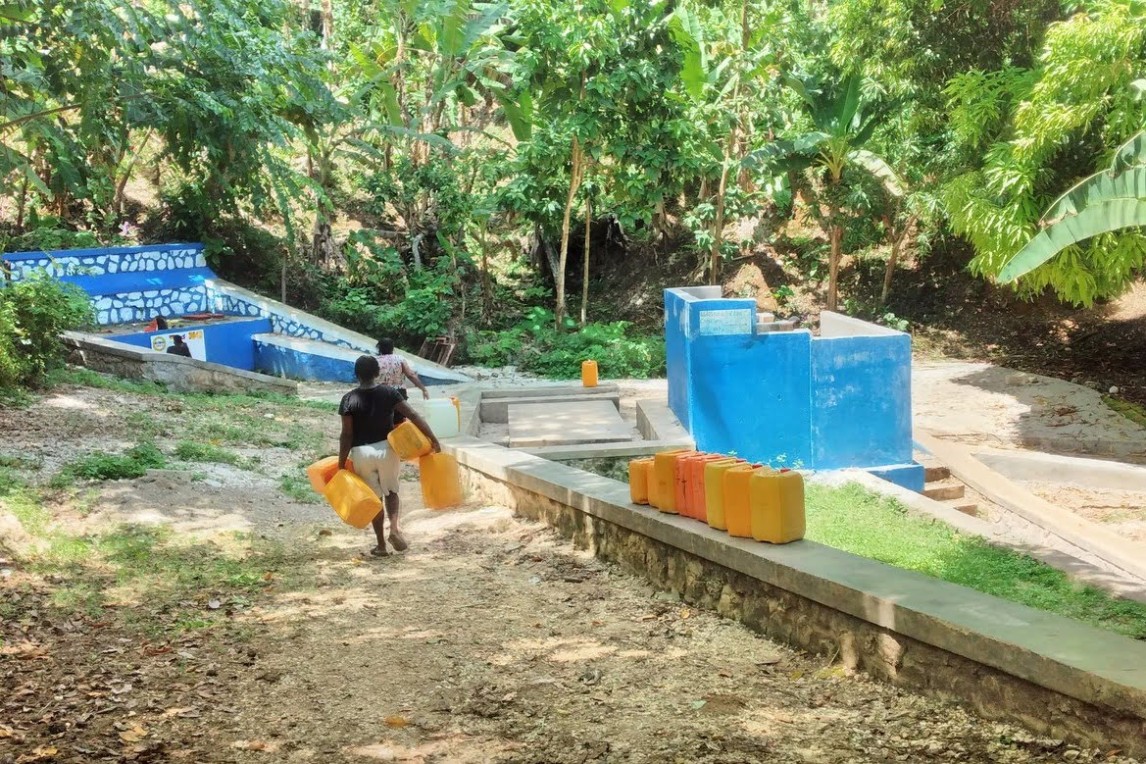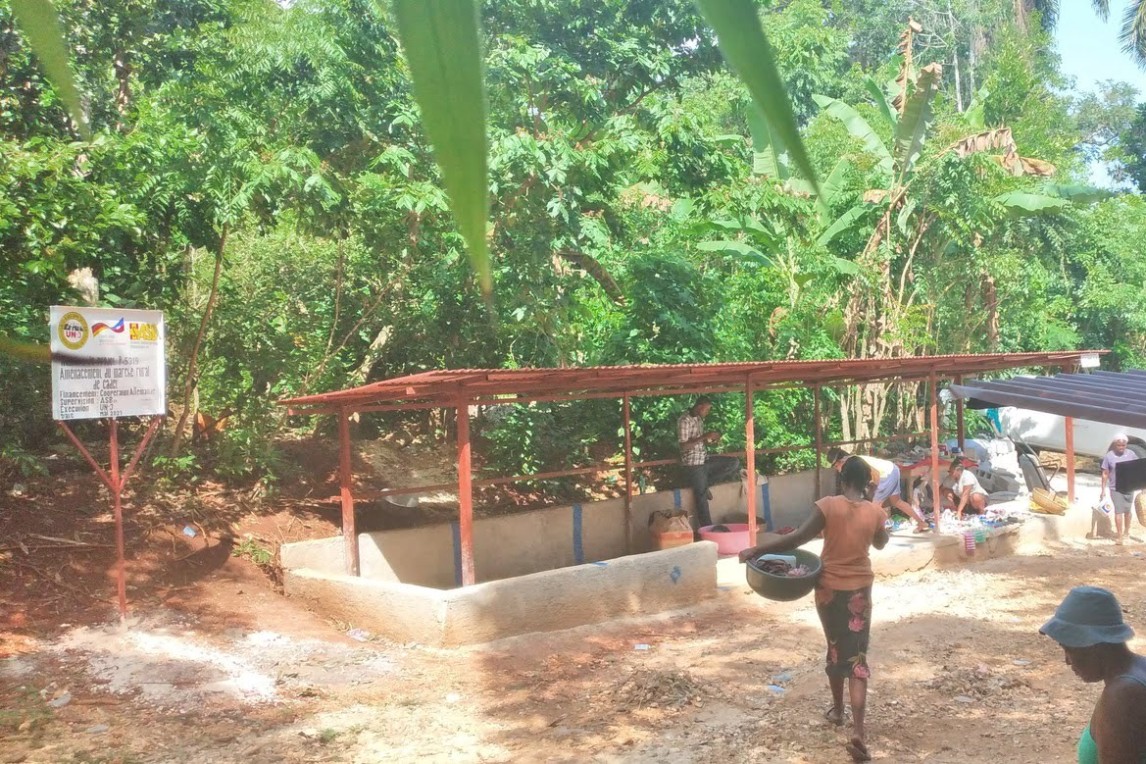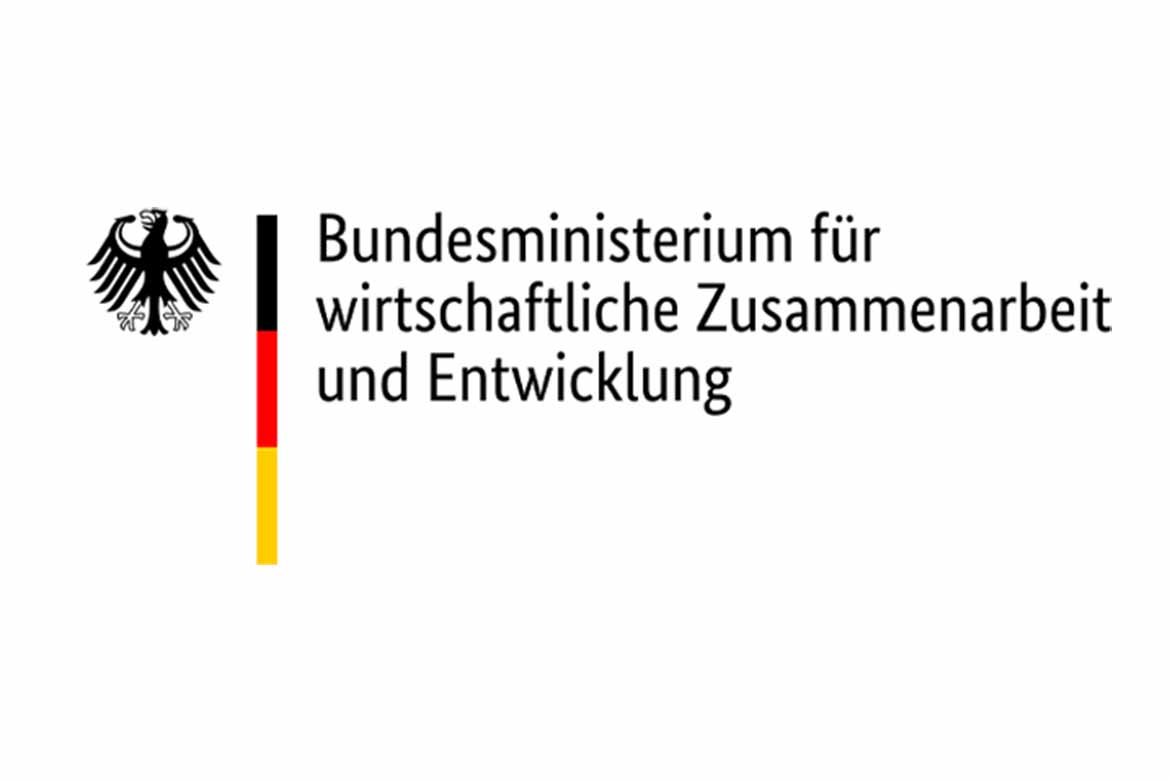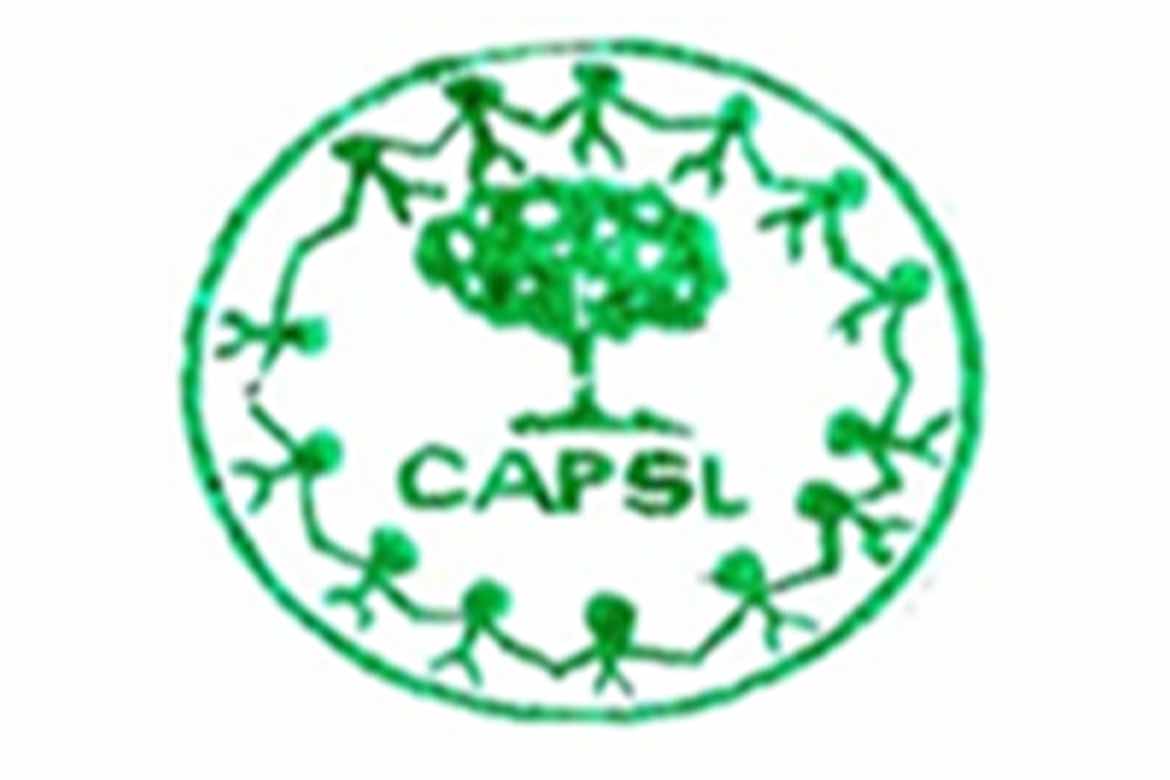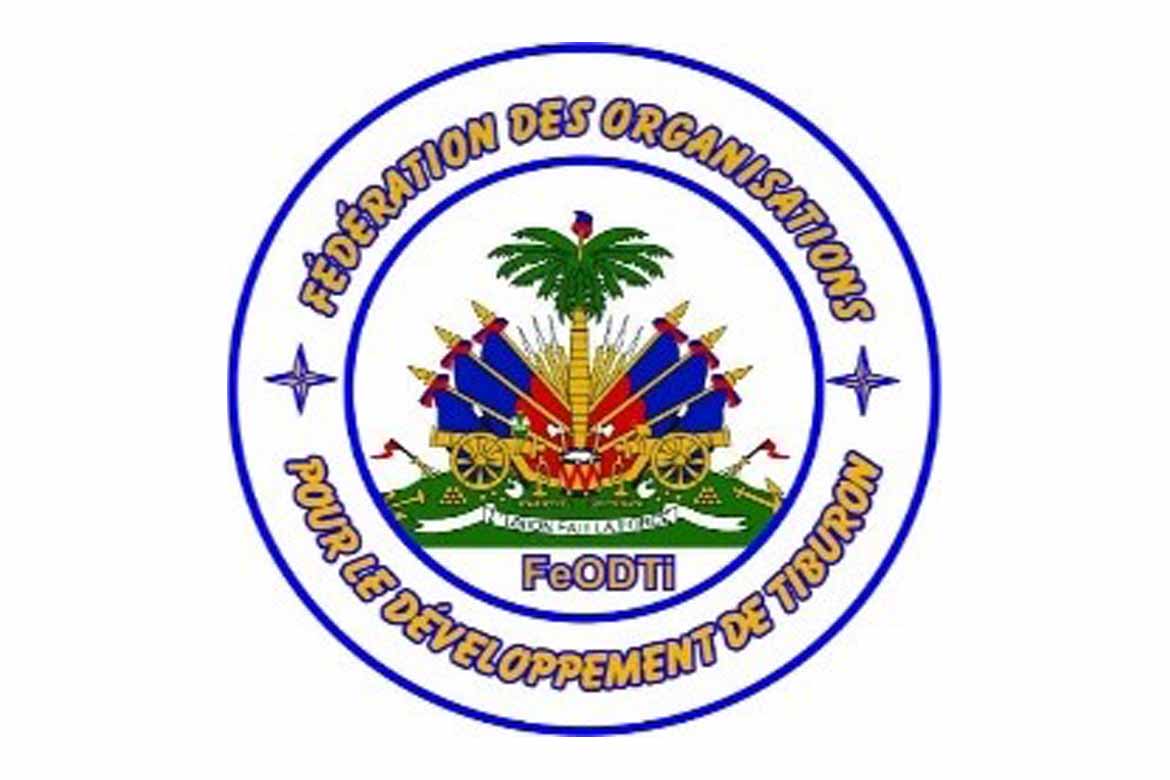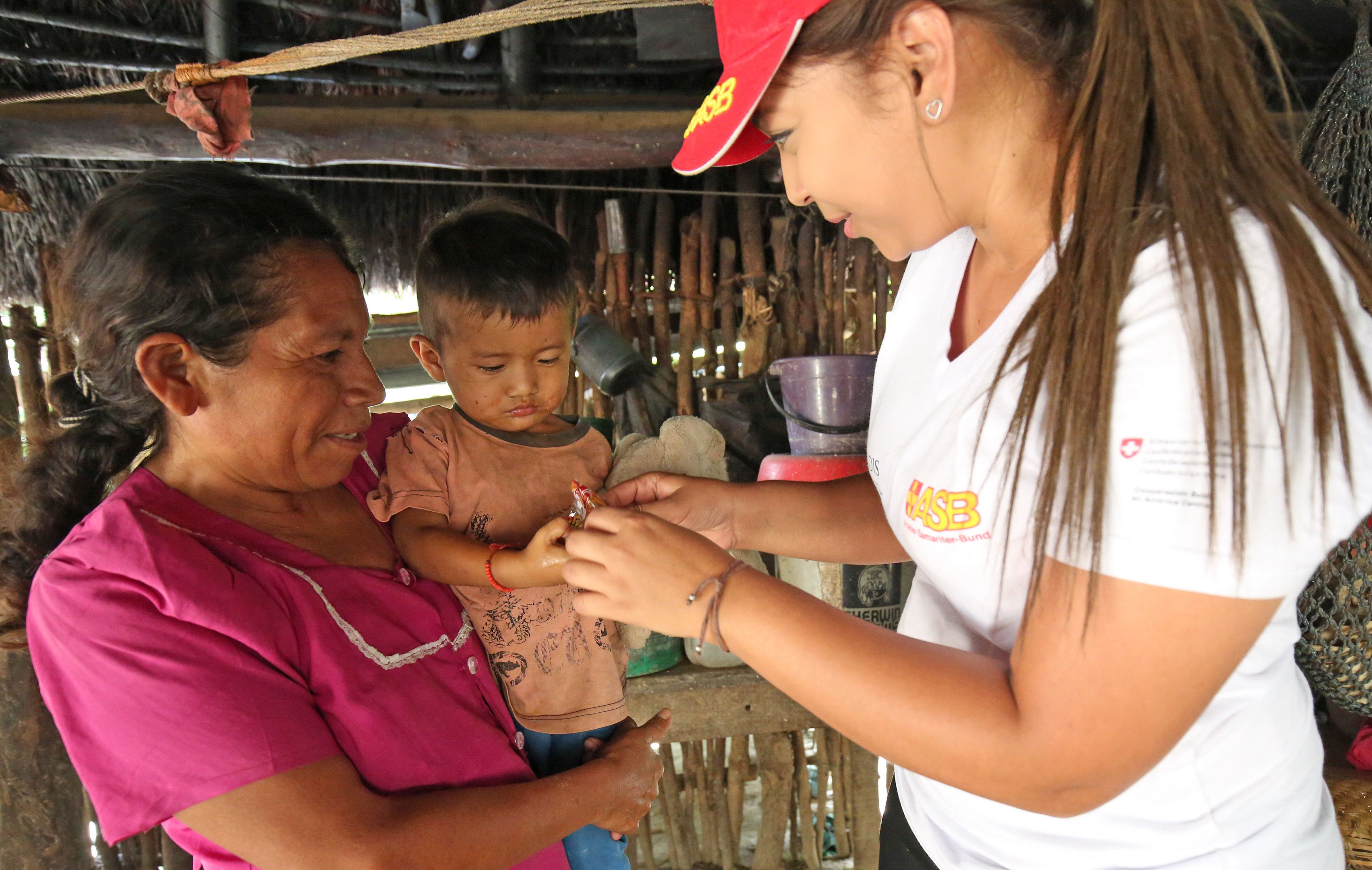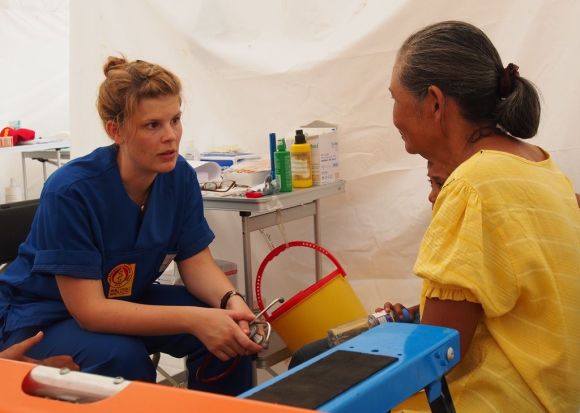-

Project title: Strengthening the resilience of vulnerable populations and organisations in the face of a very high disaster risk in the southern and western departments of Haiti
-

Project country: Haiti
-

Financing: Federal Ministry for Economic Development and Cooperation (BMZ) and ABS’s own resources. Partner organisations are the Coopérative Agricole de Saint Louis du Sud (agricultural cooperative of farmers from Saint-Louis-du-Sud, CAPSL), federation of organisations for the development of Tiburon and Unité Nord 3e section (UN-3).
-

Project volume: € 1,222,220.00
-

Duration: 01/10/2020 to 31/03/2023
-

Target group: 95,000 people from rural communities in Haiti (Saint-Louis-du-Sud, Tiburon and Petit Goâve)
